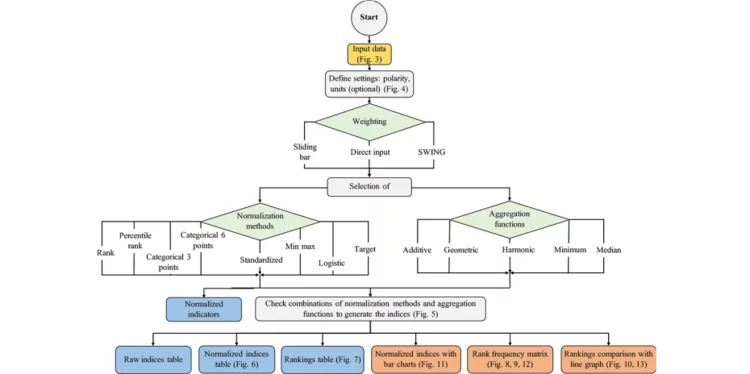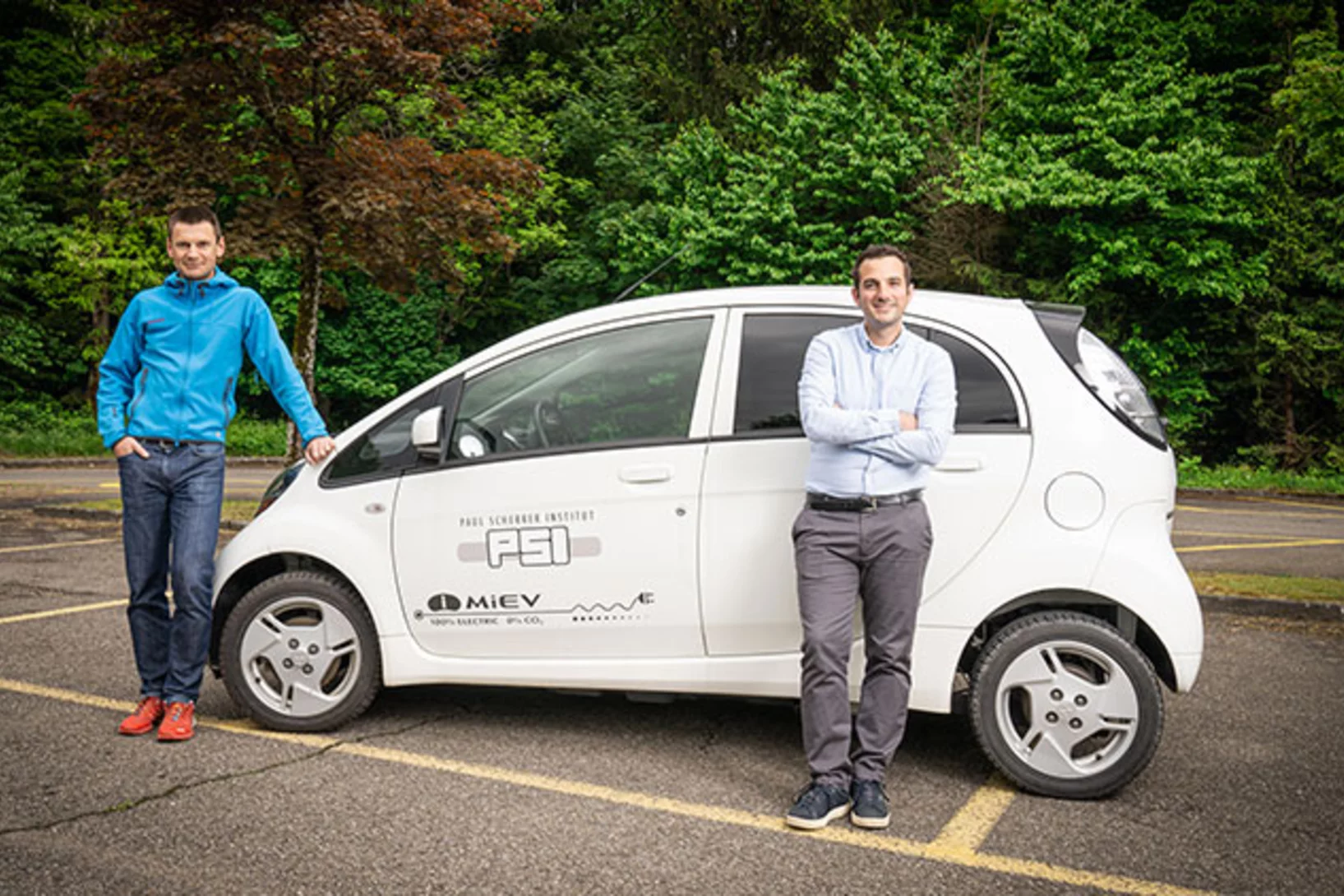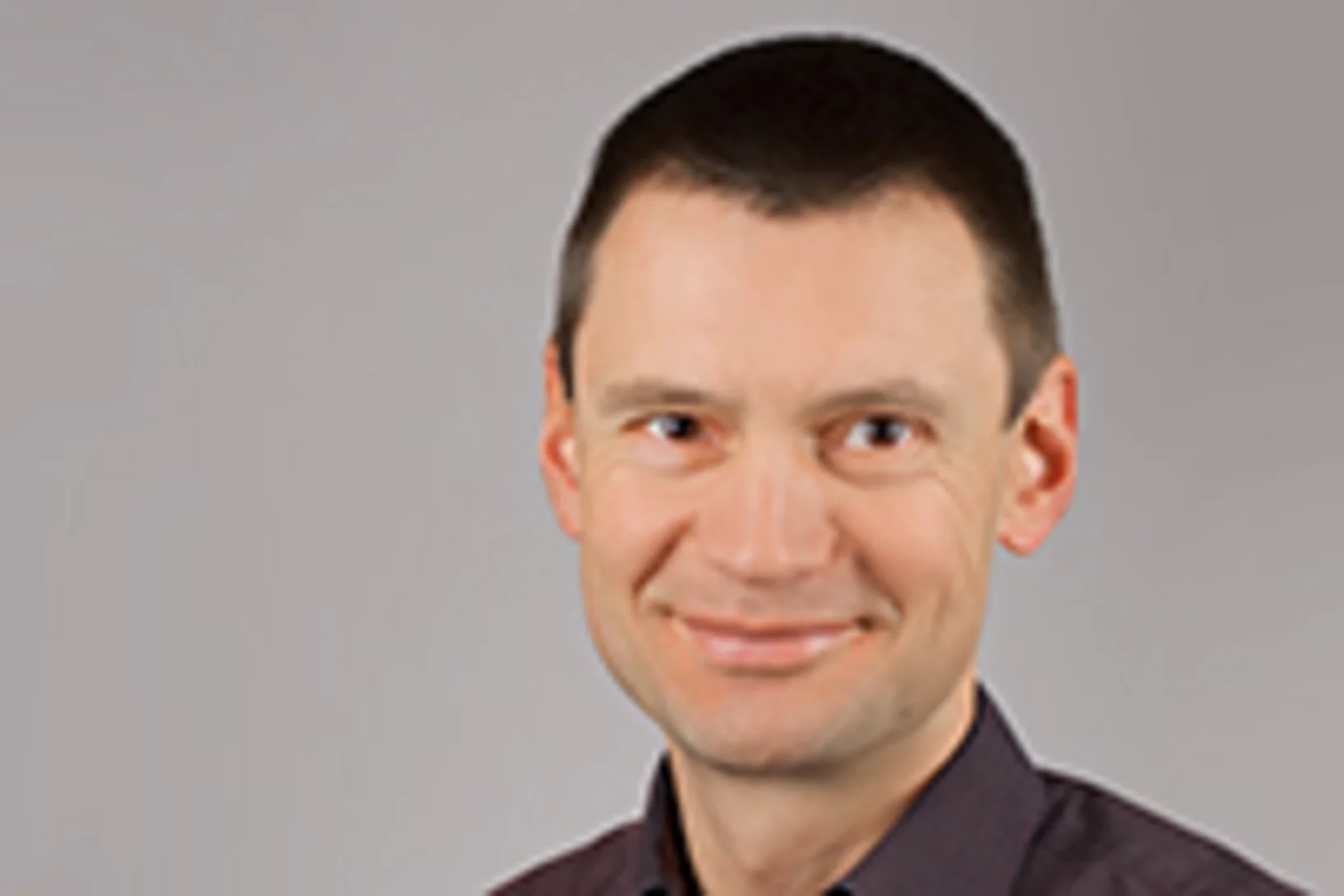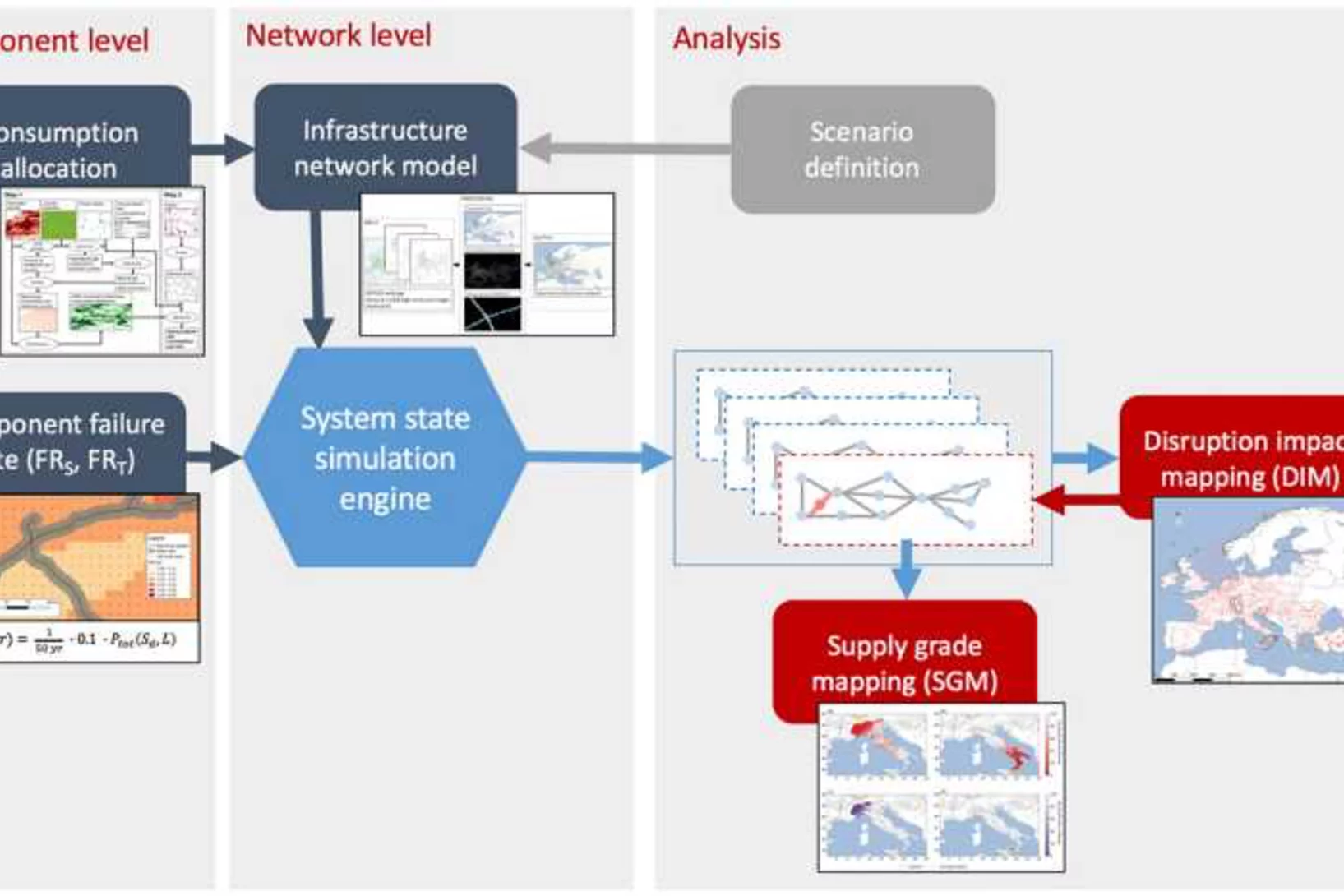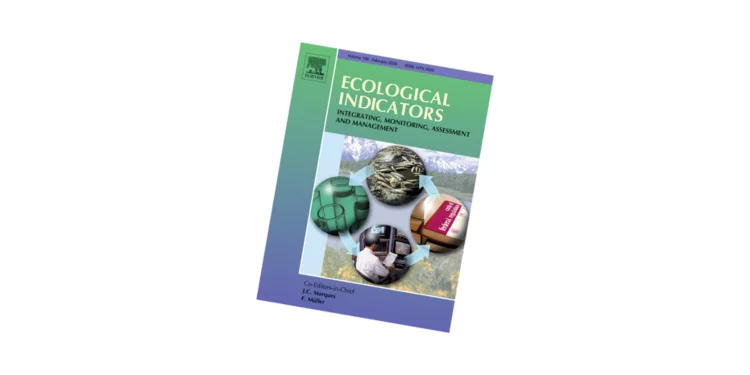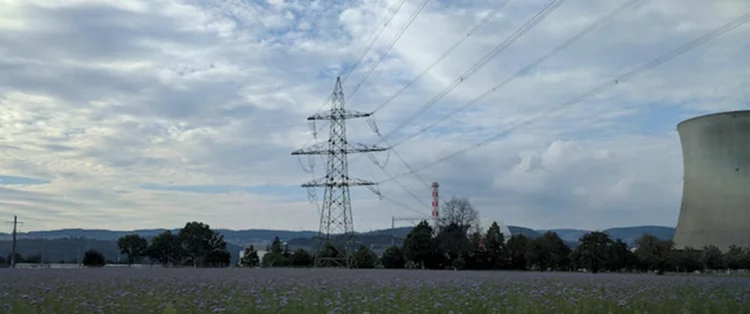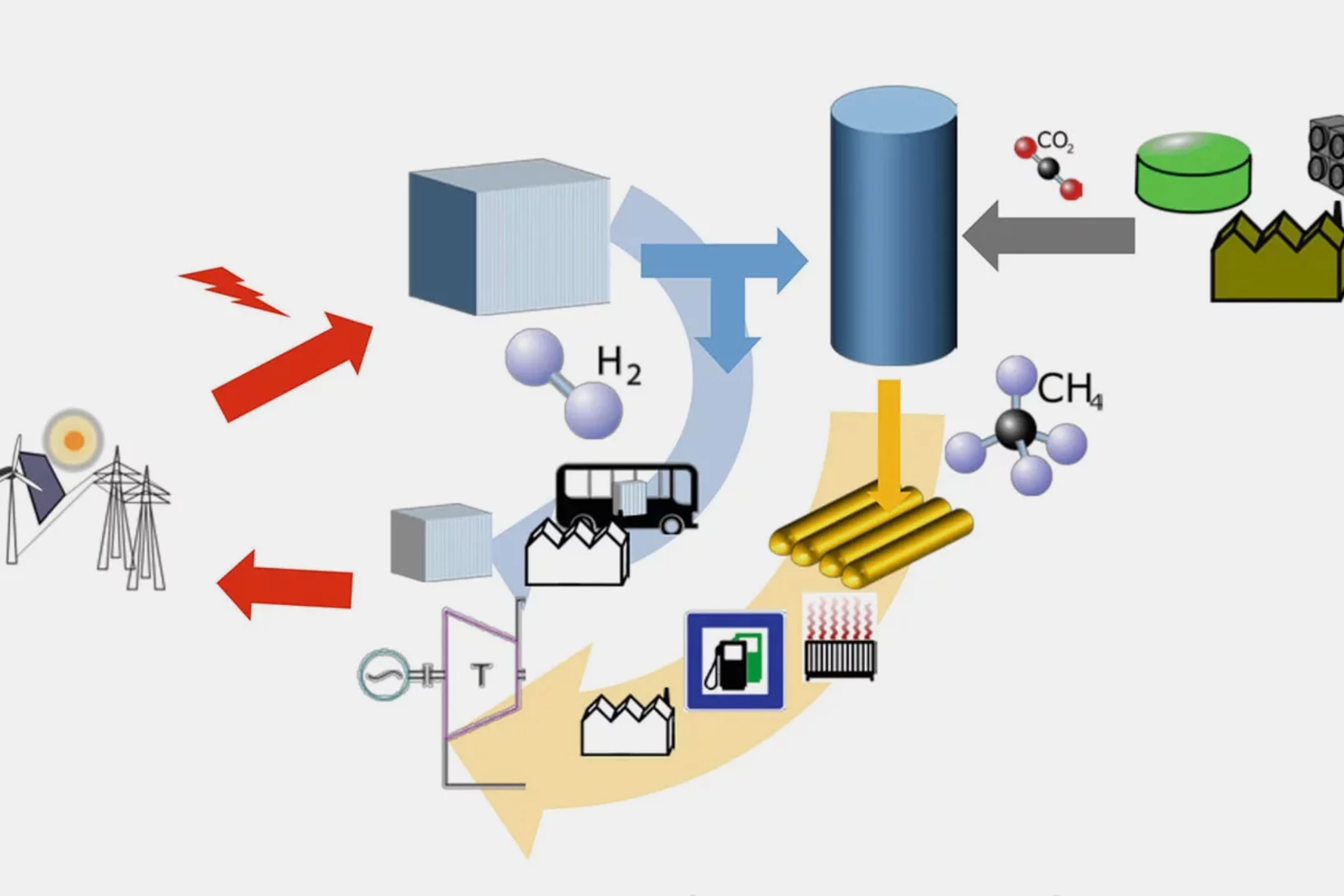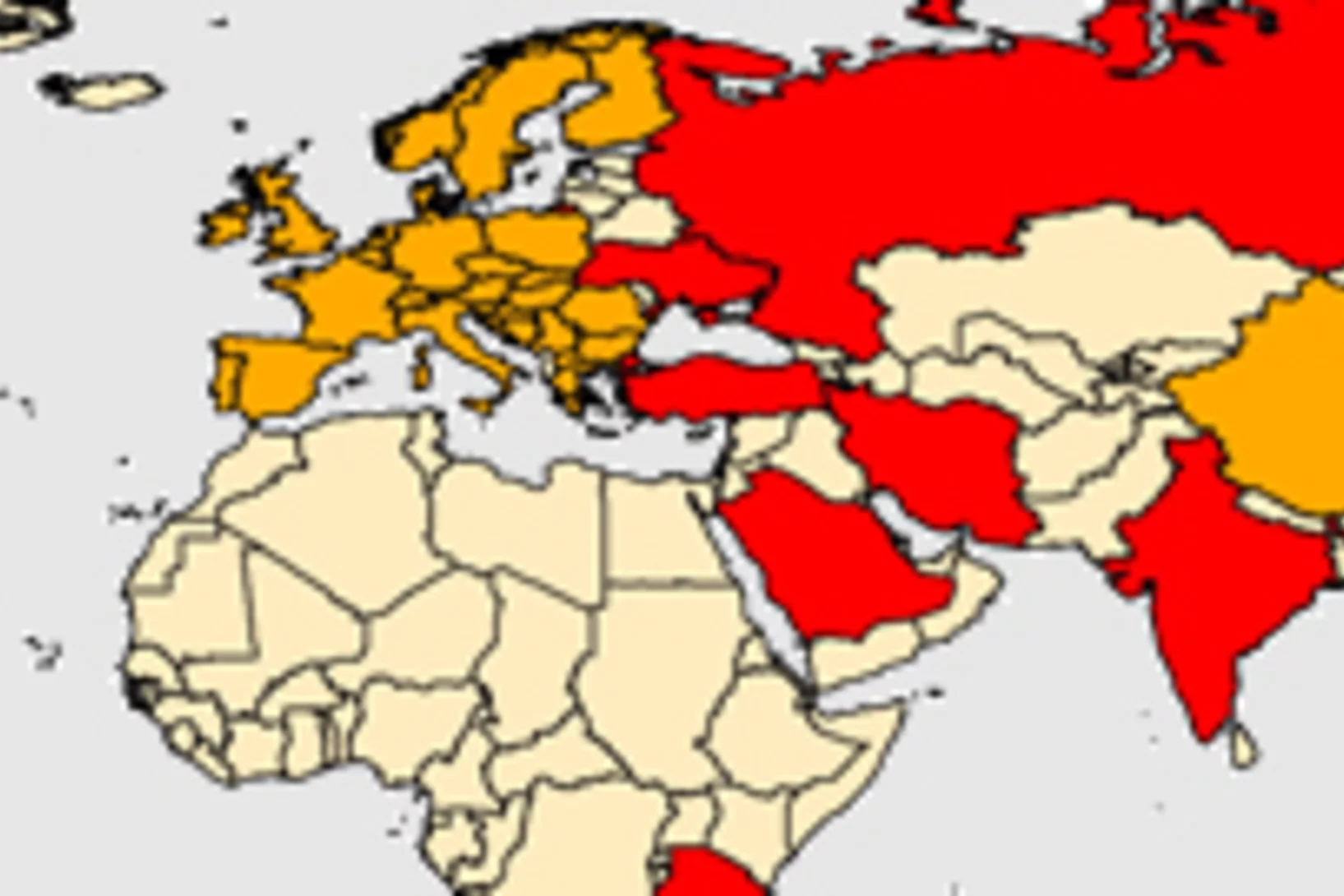Show filters
A tool to build and assess indices
Researchers from the Future Resilient Systems programme present a multiple criteria decision analysis (MCDA) software that supports the dynamic shaping and evaluation of indices.
Life cycle assessment of cars – new web tool helps consumers and researchers
Decision support for car buyers: Researchers at the Paul Scherrer Institute have developed a web tool called the Carculator that can be used to compare the environmental performance of passenger cars in detail.
"Electric is already the right choice today"
An interview on automotive power systems with Christian Bauer, a scientist at PSI's Laboratory for Energy Systems Analysis who specialises in life cycle and sustainability analyses.
Make way for electric cars
Petrol, diesel, fuel cell or electric – which is the automobile of the future? A PSI study has examined the overall climate impact of various vehicle engines in use today and also projected it to the year 2040.
Assessing Resilience of Europe's Natural Gas Network
FRS researchers used open-sourced information to access the disruption performance of the European Natural Gas Network, presenting a supply grade mapping for the case of Italy.
Assessment of electricity supply resilience
Researchers from FRS and the Paul Scherrer Institute have developed the Electricity Supply Resilience Index (ESRI) to measure electricity supply resilience in 140 countries.
Hazard assessment of energy accidents
FRS researchers present a classification model for sorting energy accidents in the natural gas sector into hazard classes, according to their potential fatalities.
The energy system of the future and Power-to-X
Researchers at the Paul Scherrer Institute PSI analyse the potential of Power-to-X for Switzerland's energy supply and present their conclusions in a white paper. One finding: The costs for energy from Power-to-X could fall by up to one-third.
Keeping geothermal energy on the table
A study by the Centre for Technology Assessment TA-Swiss, coordinated by the Paul Scherrer Institute, recommends further pursuing deep geothermal energy in Switzerland. The energy resources underground are vast, environmentally friendly to extract and available around the clock, the authors conclude. The earthquake risk and the cost of electricity production, which are still too high, however, remain challenges that society needs to weigh up against the advantages of deep geothermal energy.
What attacks on oil pipelines have in common with epidemics
How susceptible is the global energy infrastructure to attacks by non-state actors? Has the number of attacks on this infrastructure actually increased of late? Which regions of the world are especially vulnerable? And which tactics do the attackers use? Scientists are looking to find the answers to these and other related questions with the aid of a database developed by researchers from the Center of Security Studies at ETH Zurich in collaboration with the Paul Scherrer Institute PSI.
Measuring the ecological footprint
With ecoinvent, the Paul Scherrer Institute and its partners at ETH Zurich, ETH Lausanne, Empa and Agroscope have been running the world’s leading database for life cycle inventories for over ten years. The latest ecoinvent version 3 collects new data in areas such as electricity generation, agriculture, transport, mining and chemicals. In the power sector, which is significant for life cycle assessments, the database now covers over 80 per cent of the global production. And technology that has not been considered thus far such as enhanced geothermal systems is to be included in ecoinvent from now on. The result is more accurate ecological assessments of products and services
ecoinvent – The World’s Leading LCA Database Launches Version 3.0
The life cycle inventory database ecoinvent forms the basis for life cycle assessment projects, eco-design, and product environmental information. Since 2003, ecoinvent has enabled companies to manufacture their products more in harmony with the environment, policymakers to implement new policies, and consumers to adopt more environmentally friendly behaviour. The new version 3.0 is a further milestone in life cycle assessment: new and updated data offer ecoinvent users a greater number of possible applications in the areas of e.g. chemical production, foodstuffs, vegetables and electricity.

